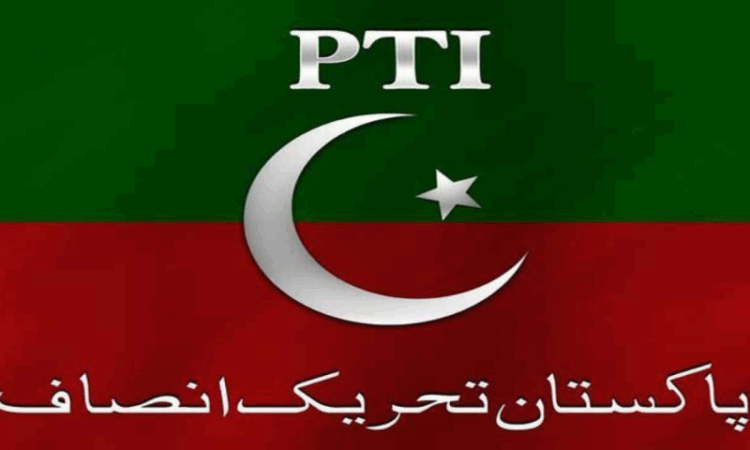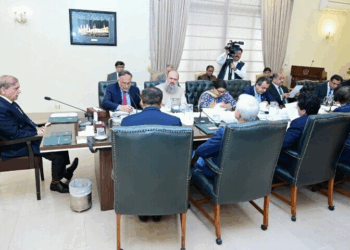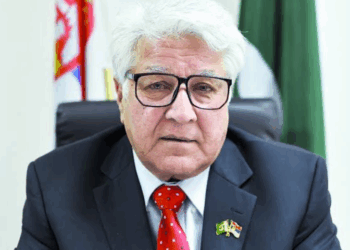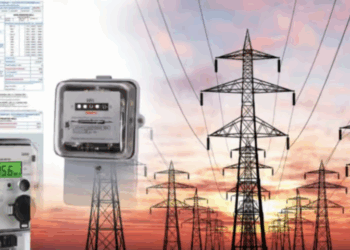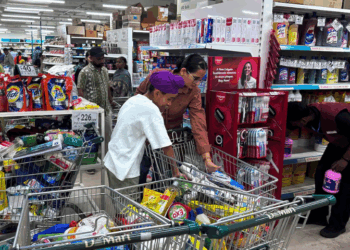Islamabad, May 9, 2025: Pakistan Tehreek-e-Insaf (PTI) has issued a strong condemnation of India’s ongoing drone attacks on Pakistani territory, calling them a “blatant act of aggression” and urging the government to respond with a decisive, tit-for-tat strategy to uphold national sovereignty.
In a strongly worded statement, PTI Central Information Secretary Sheikh Waqas Akram lashed out at the “RSS-driven Hindutva regime” in New Delhi, accusing it of escalating regional tensions through calculated provocations under the guise of counter-terrorism.
“The Indian regime only understands the language of force and retaliation,” Akram asserted, adding that the recent cross-border strikes had resulted in the deaths and injuries of dozens of innocent civilians. He warned that continued diplomatic restraint is being misread as weakness by Indian leadership.
Akram sharply criticized the government’s response so far, describing it as a “policy of appeasement and indecision.” He called for immediate political consultations, especially with PTI founder and former Prime Minister Imran Khan, to forge a unified national defense strategy in light of the escalating threat.
“Imran Khan is the only national leader capable of rallying the people and presenting a resolute front against foreign aggression,” Akram said, renewing calls for Khan’s immediate release from Adiala Jail, citing the urgent need for political unity in a time of crisis.
Drawing parallels to Pakistan’s military response after the Pulwama incident in 2019, Akram demanded a “clear-cut, uncompromising strategy” that would deter further aggression and reinforce national morale.
The PTI also criticized the conspicuous silence of former Prime Minister Nawaz Sharif, questioning his absence from the national discourse during one of the most critical junctures in recent regional history.
While reaffirming that the PTI does not advocate war, Akram concluded with a stark warning: “No aggressor should go unpunished—come what may.”
The statement comes as India and Pakistan remain locked in a volatile standoff, marked by aerial skirmishes, missile threats, and heightened diplomatic tension. International actors including Saudi Arabia and the United States have stepped in as mediators, urging de-escalation.

